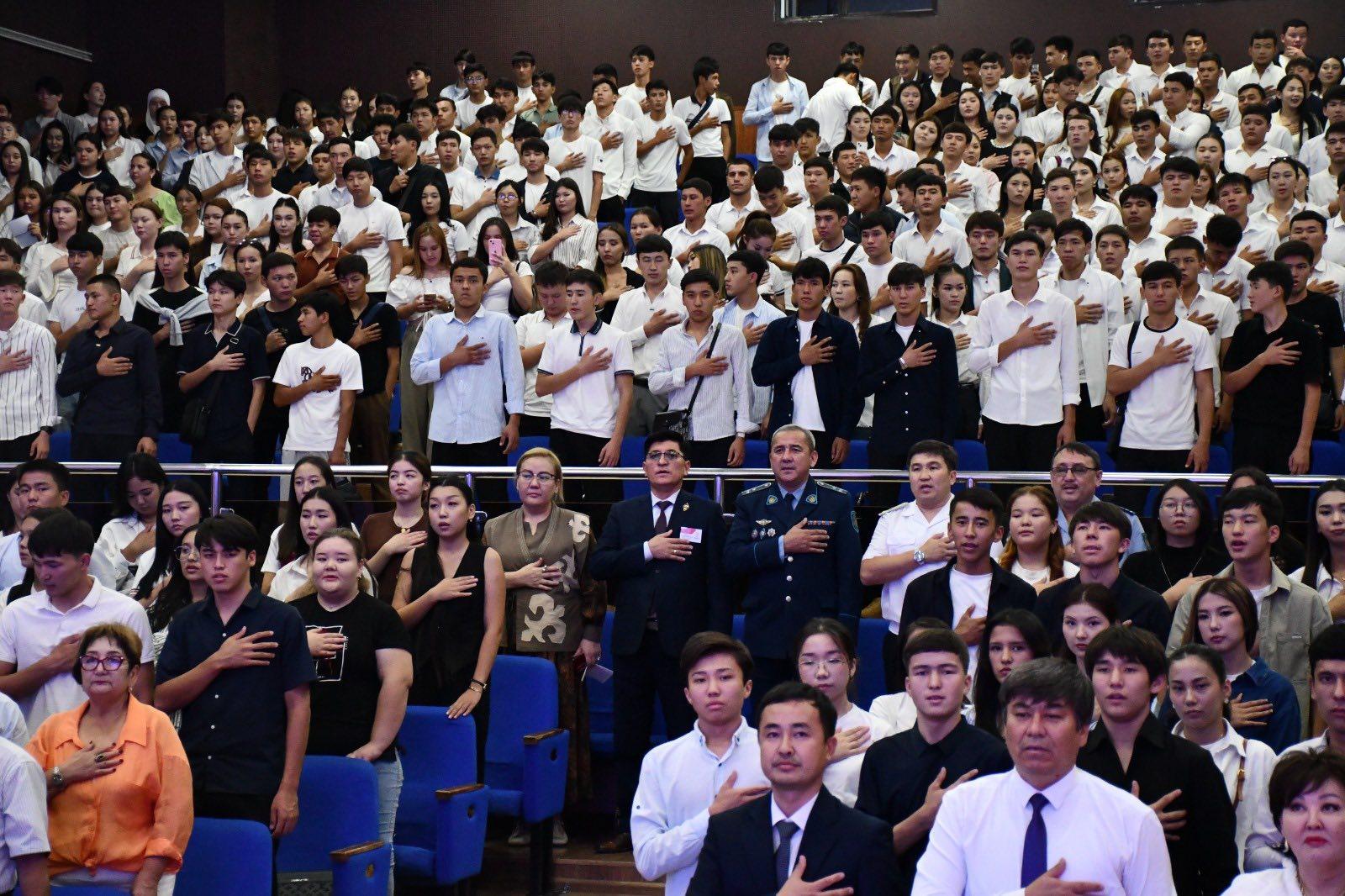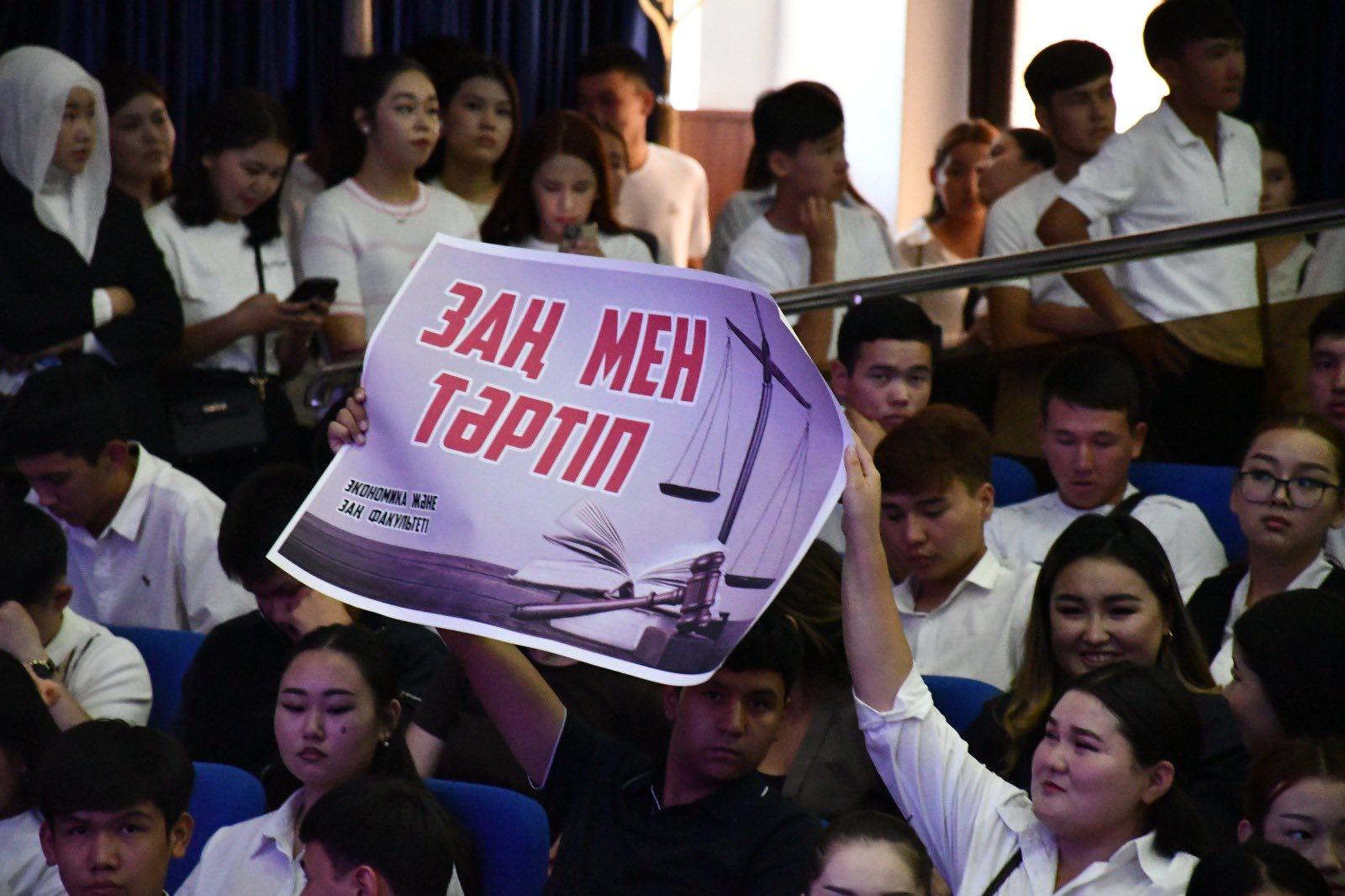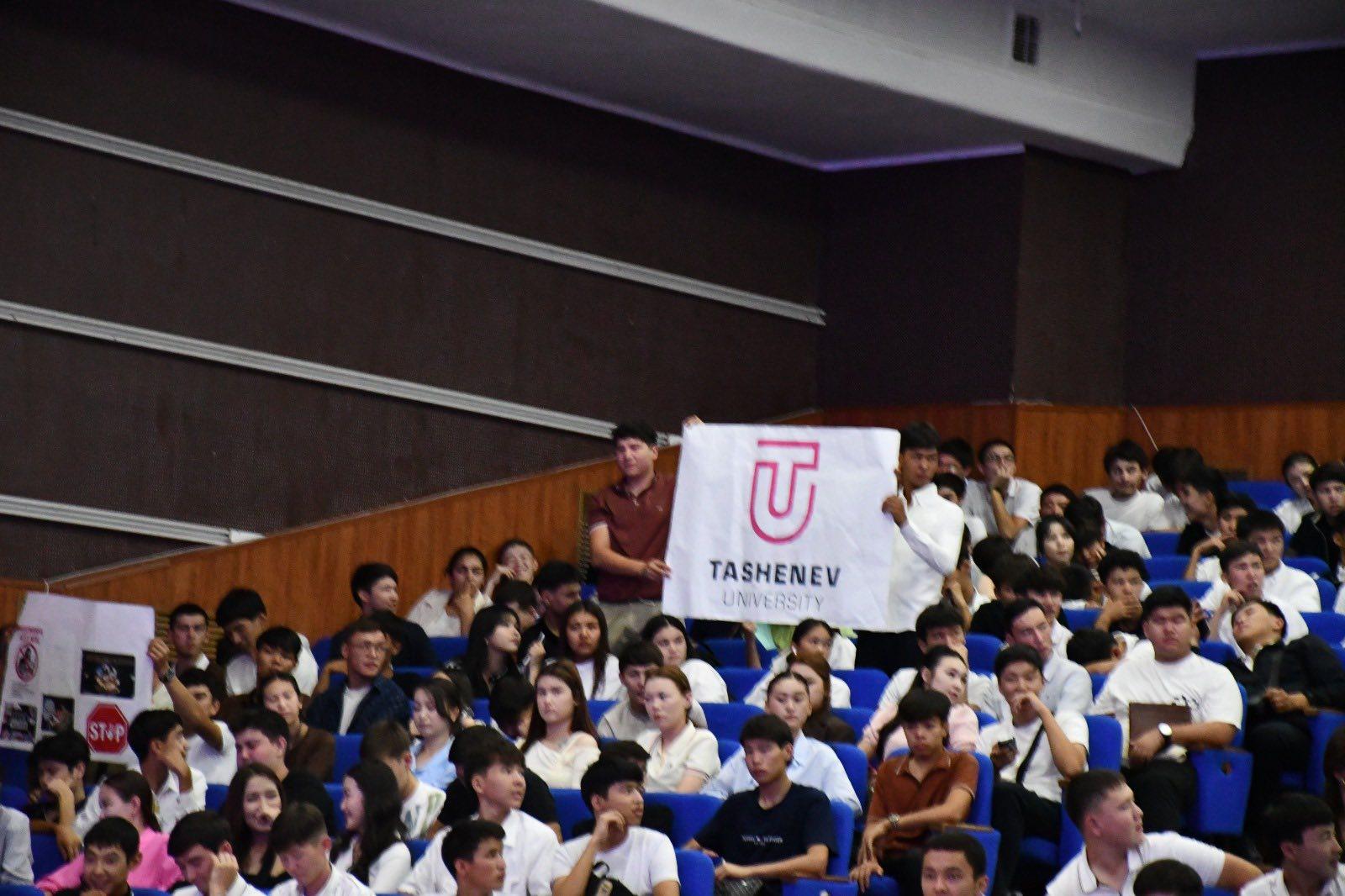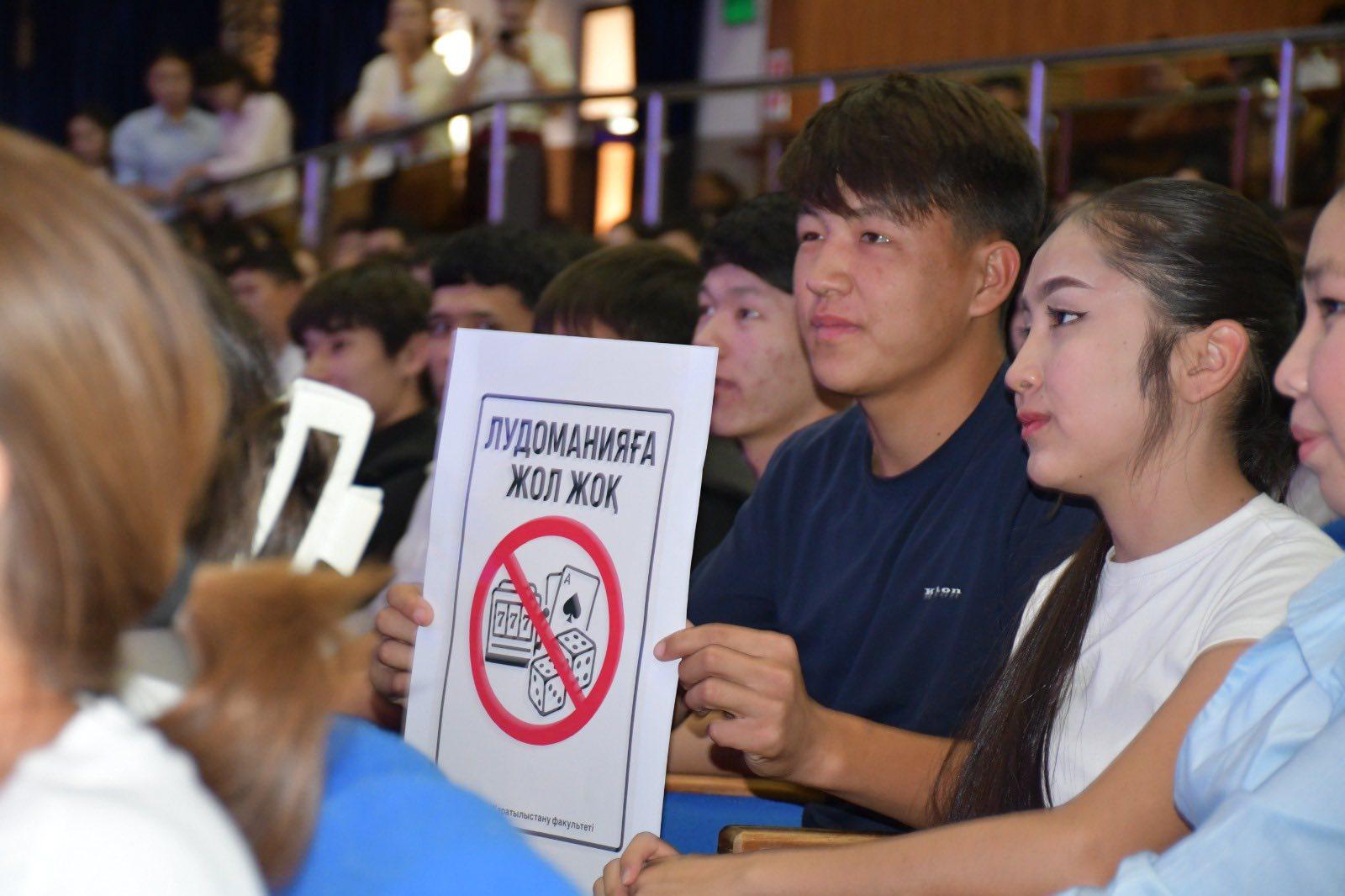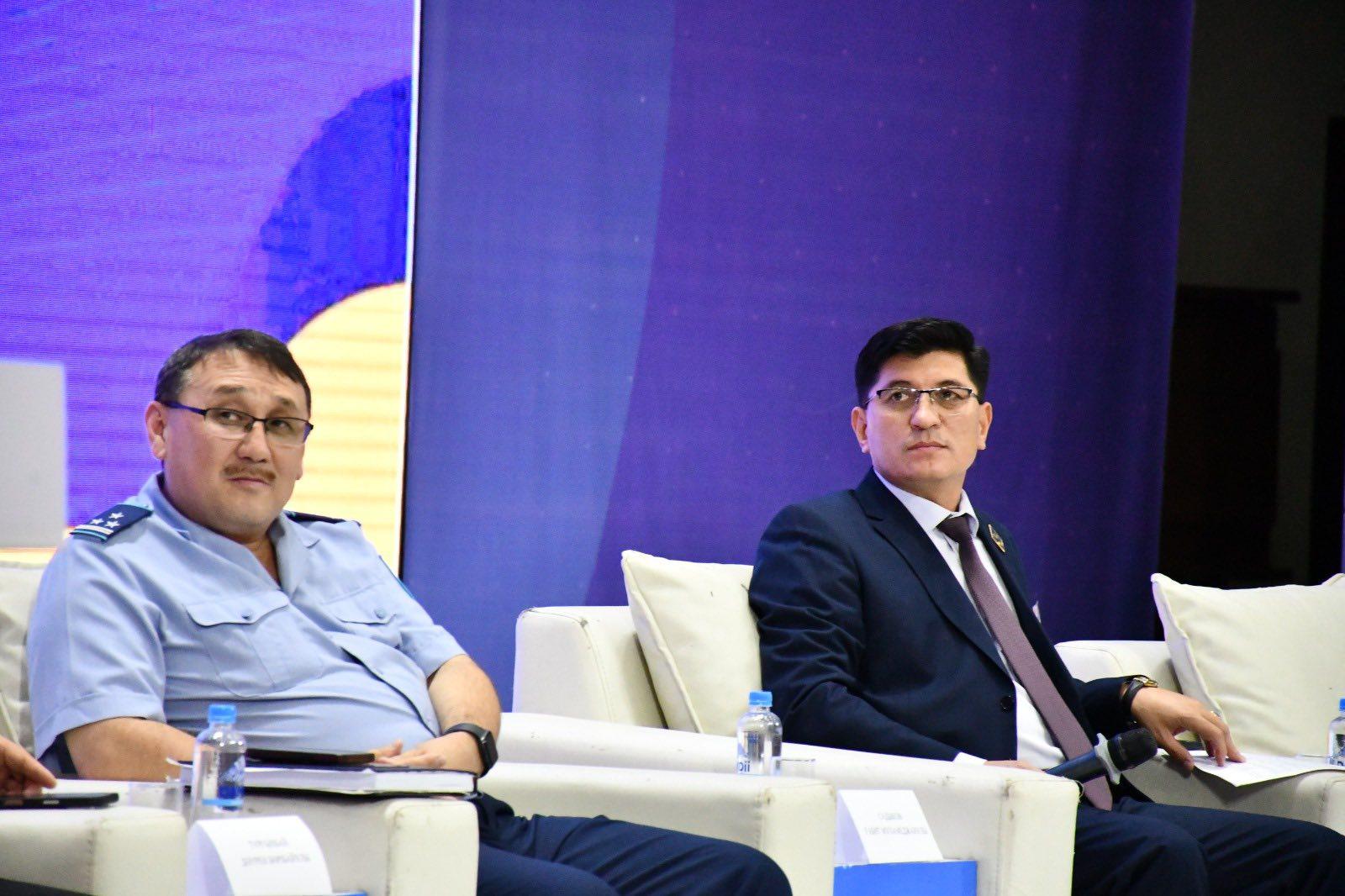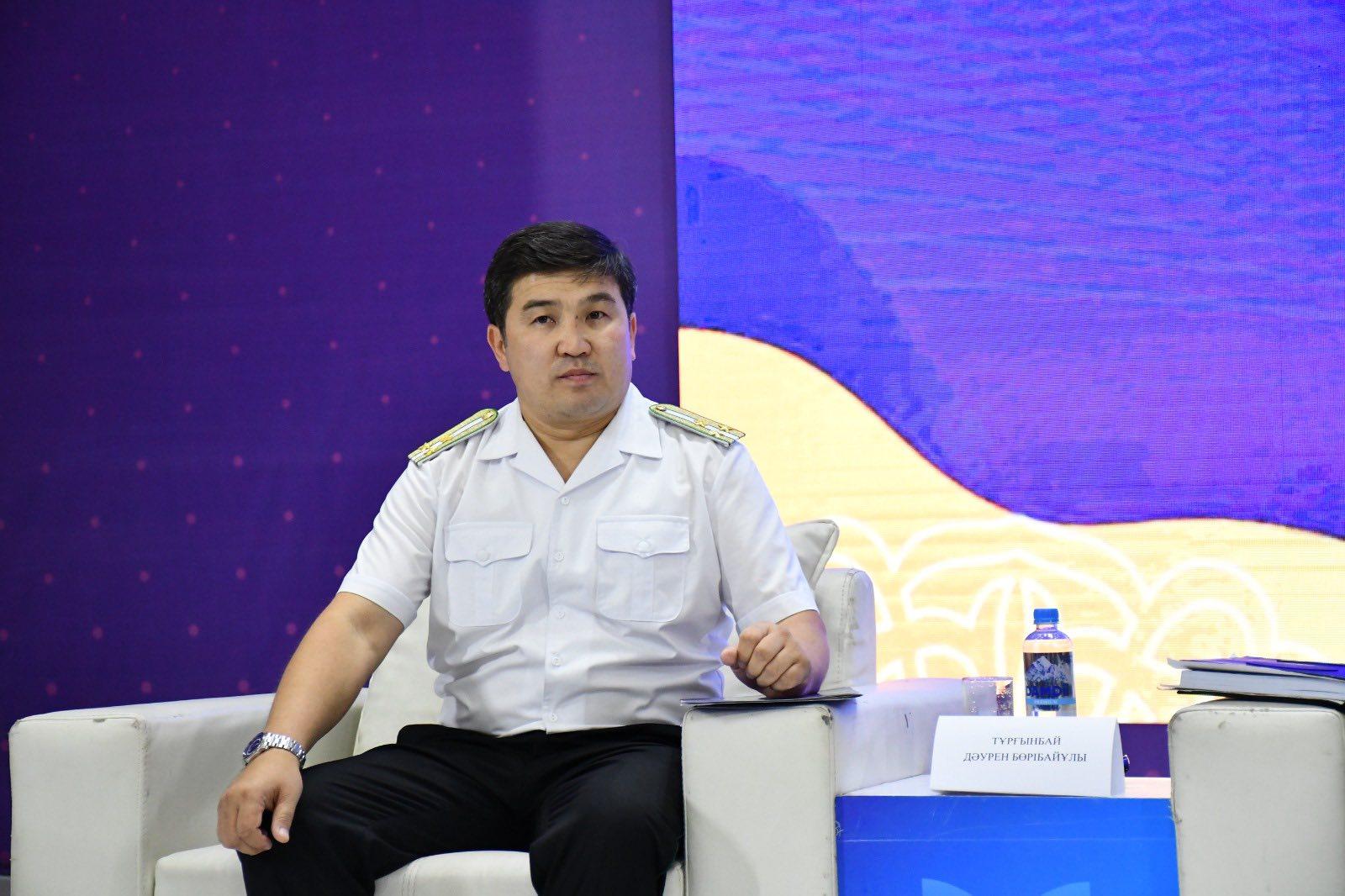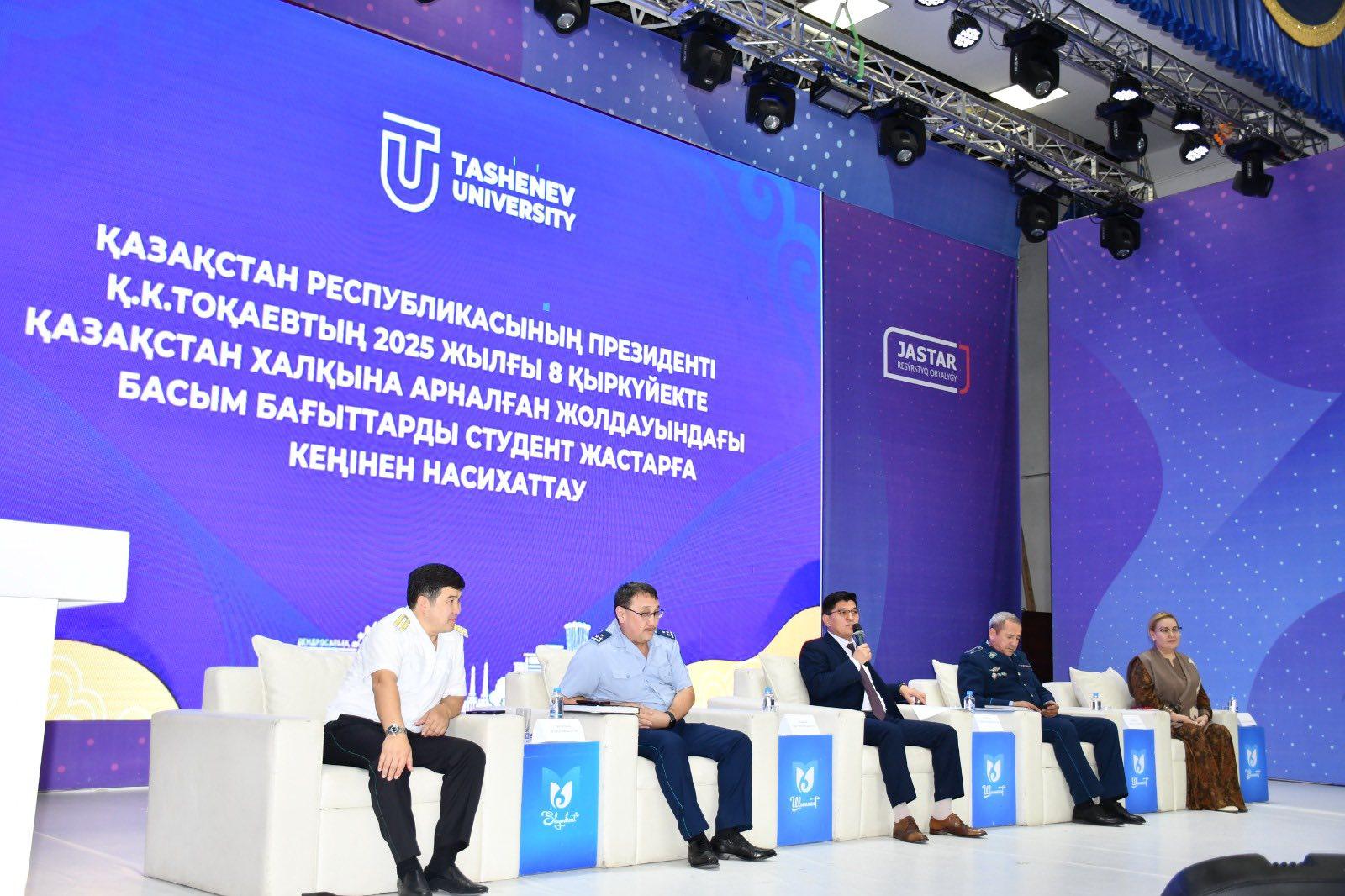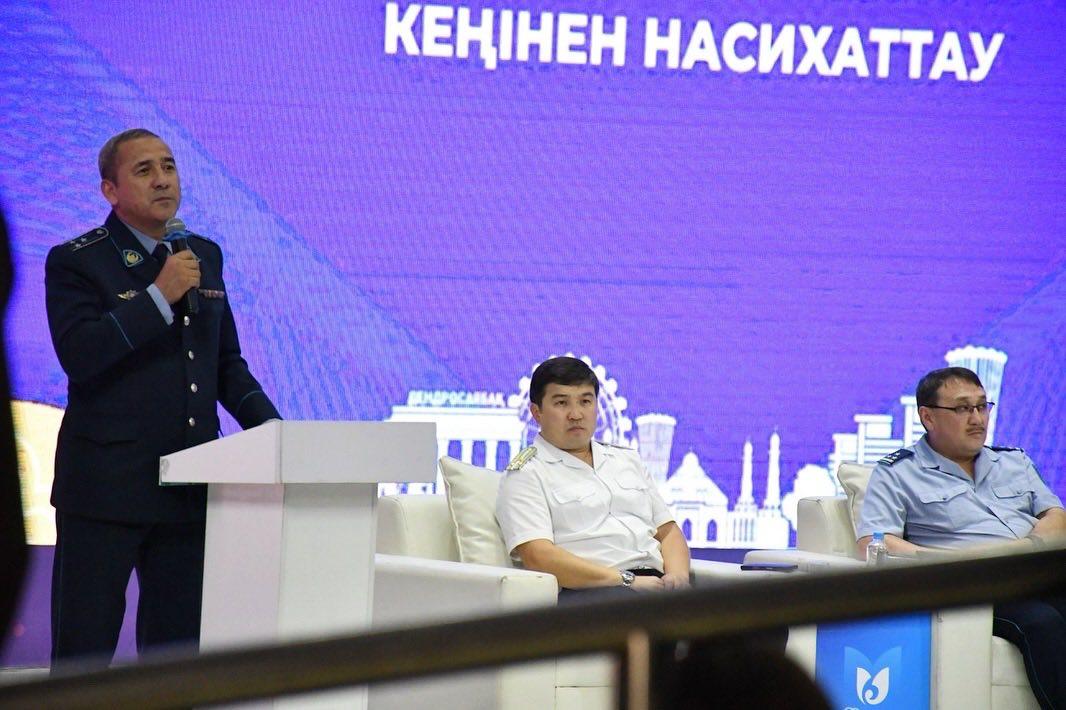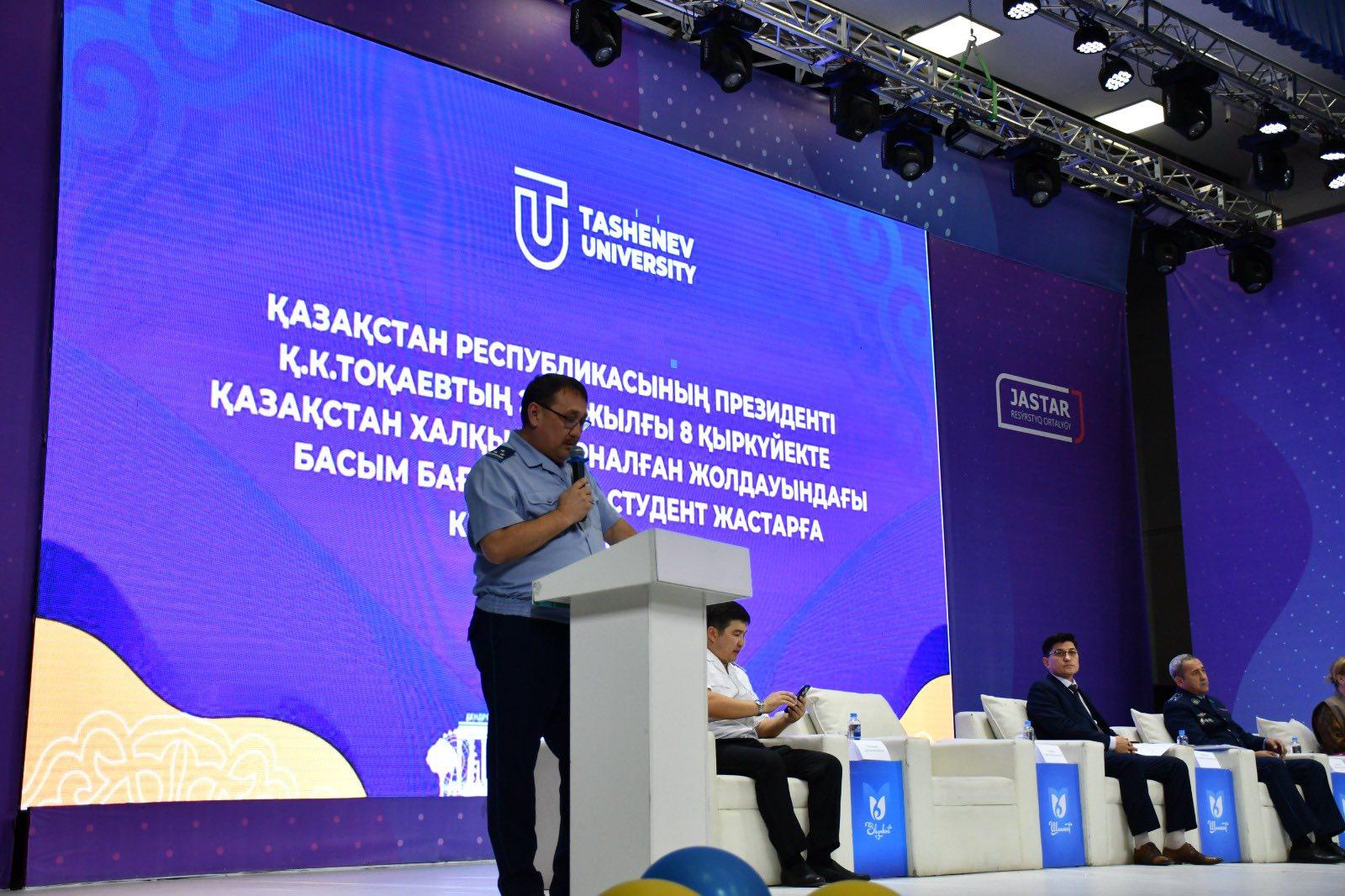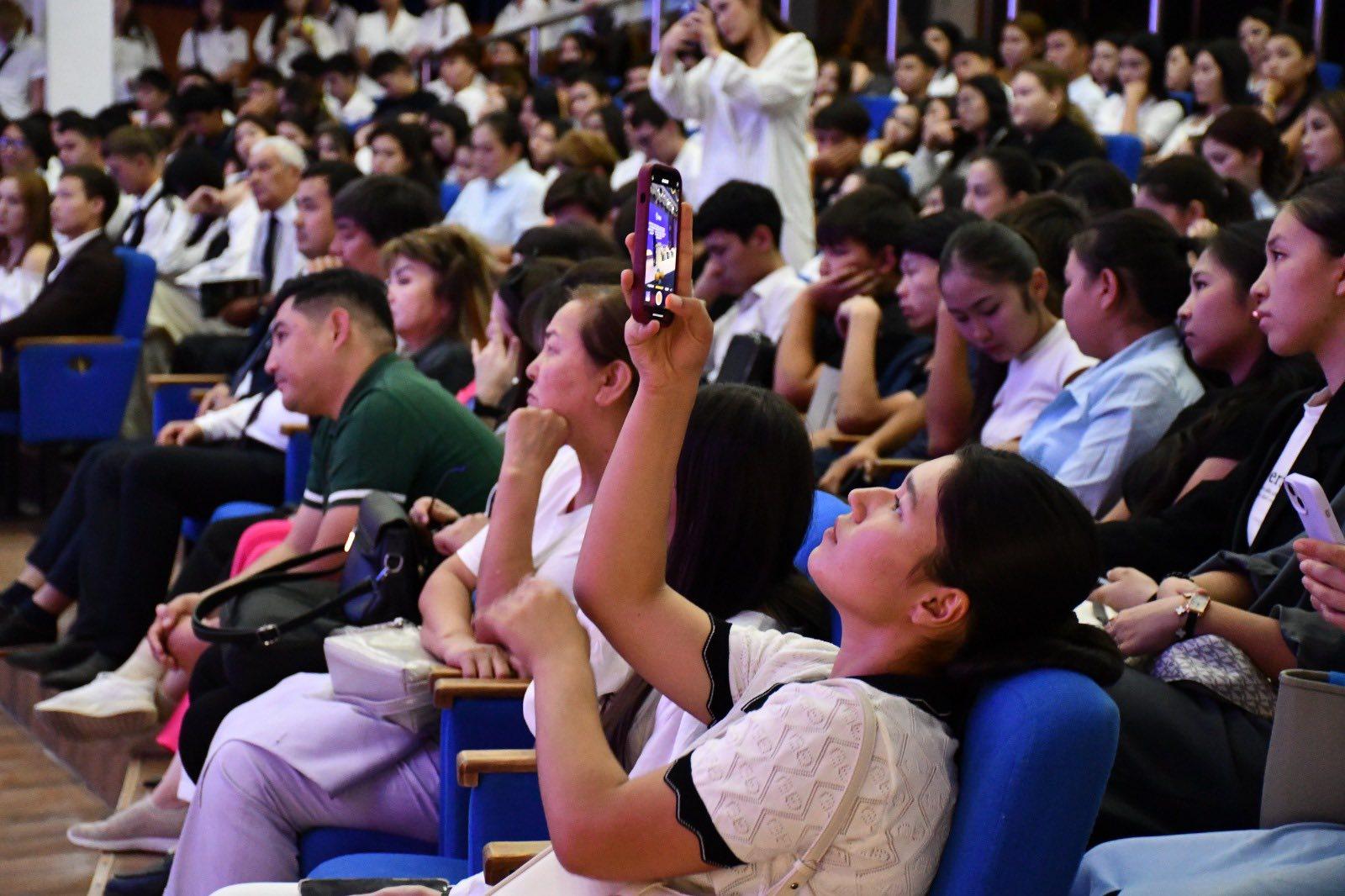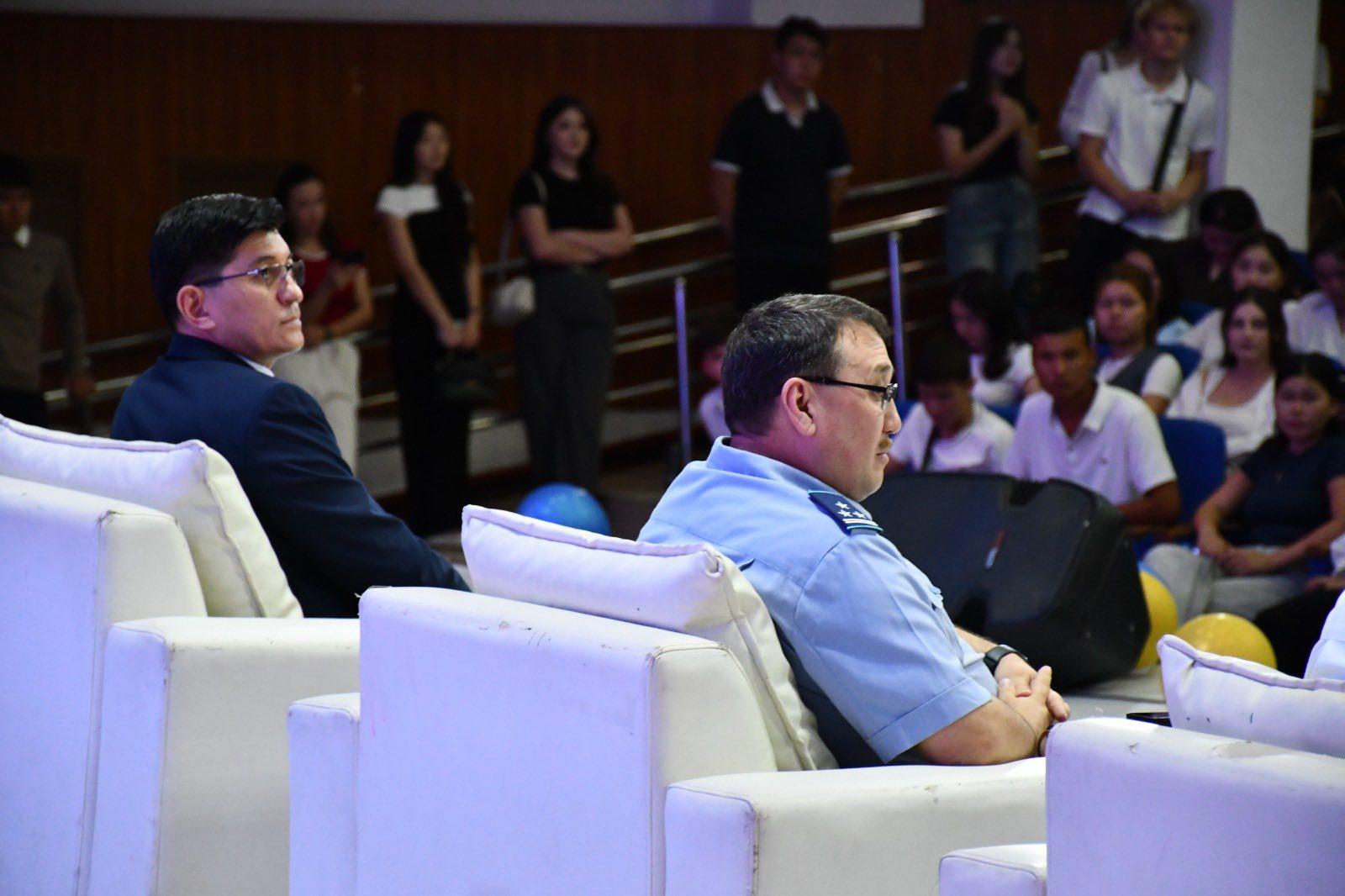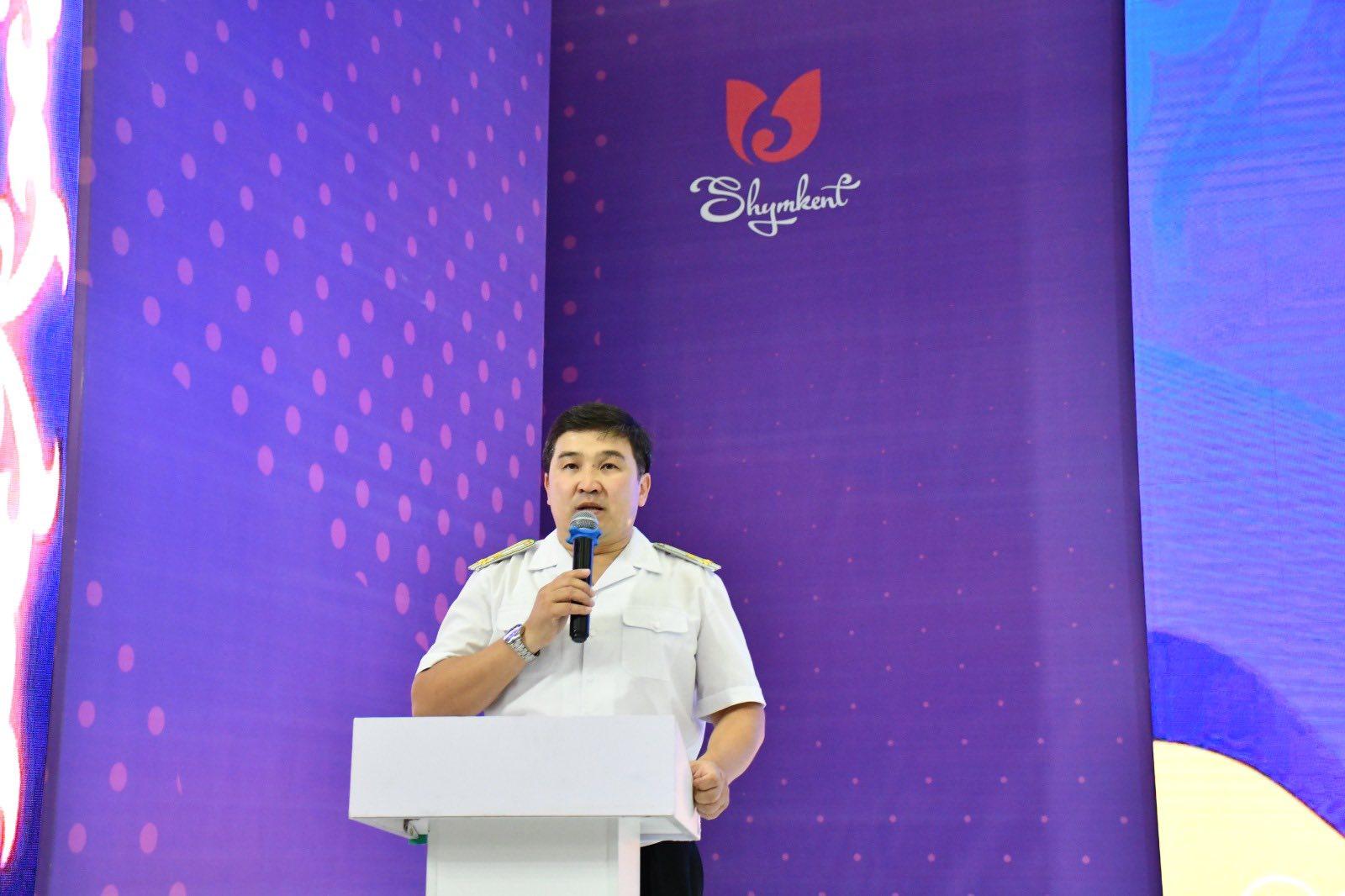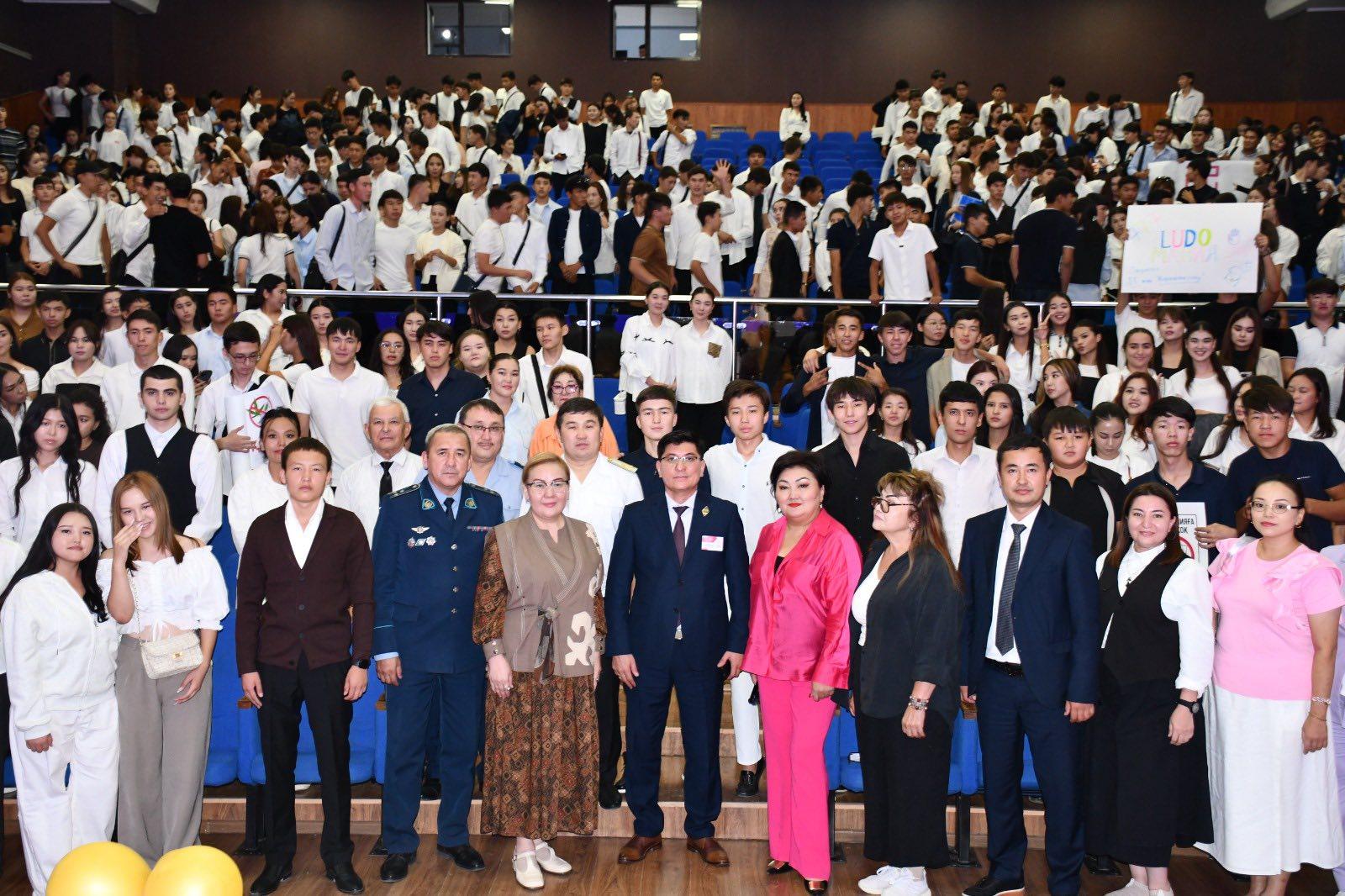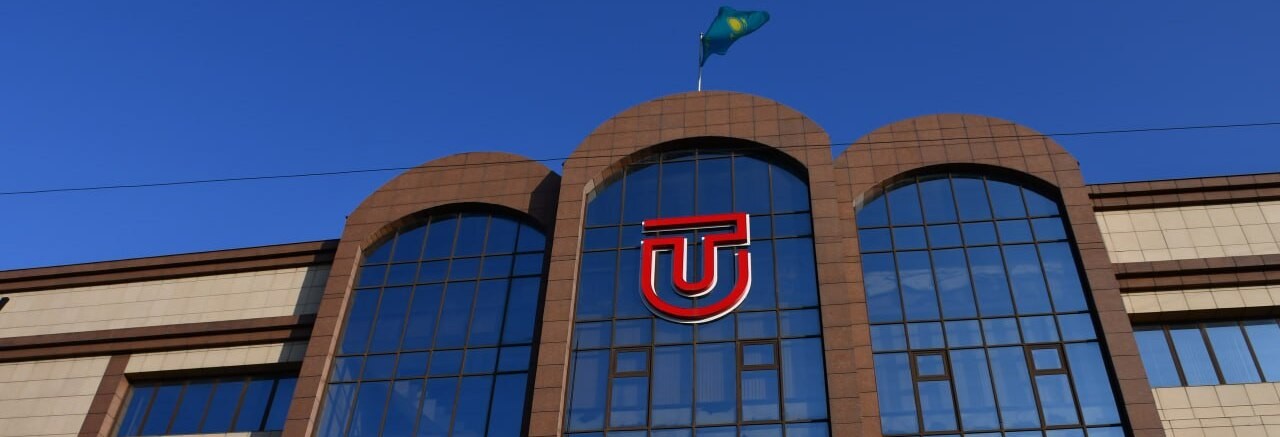
MEETING WITH YOUTH: DISCUSSED THE PRESIDENT'S ADDRESS AND CURRENT ISSUES
2025-09-12
At Zhumabek Akhmetovich Tashenov University, a meeting was held with students dedicated to discussing the Address of the President of the Republic of Kazakhstan, Kassym-Jomart Kemelevich Tokayev, delivered on September 8, 2025.
The purpose of the meeting was to clarify for young people the key issues raised in the Address: improving financial literacy, preventing social fraud, and fostering an understanding of the principles of legality and rule of law.
The event was moderated by Galymzhan Bitursun Shamshidinuly, Vice-Rector for Socio-Cultural Development of the University, who emphasized the ideological significance of student upbringing and called on the youth to respect the law, be responsible, and demonstrate patriotism.
Representatives of law enforcement agencies and experts took part in the meeting:
-
Dauren Buribayevich Turgyynbay, Head of the Department of Economic Investigations in Shymkent, Agency for Financial Monitoring of the Republic of Kazakhstan, Colonel of the Economic Investigation Service – spoke to students about the importance of financial literacy in everyday life.
-
Gabit Mukhamedzhanovich Sadykov, Senior Operative for Especially Important Cases of the Shymkent Police Department, Colonel of Police – highlighted measures to prevent bullying, extortion, drug trafficking, and online fraud among young people.
-
Aibolat Tilebaevich Maimakov, Senior Lecturer of the B. Momyshuly Training Center of the Ministry of Internal Affairs of the Republic of Kazakhstan, Colonel of Police – stressed that patriotism and creativity of the youth are the foundation of the country’s bright future.
-
Saltanat Sailaukyzy Asanova, PhD, Associate Professor, Psychologist – spoke about the importance of creating a positive environment and provided psychological recommendations.
Honored guests of the meeting also included Bakhytzhan Satibaldievich Adilbekov and Dinmukhamed Yerezhep.
The meeting was attended by first-year students of all faculties, as well as curators, heads of departments, and deans of faculties. The students actively asked questions and received specific answers from the specialists.
